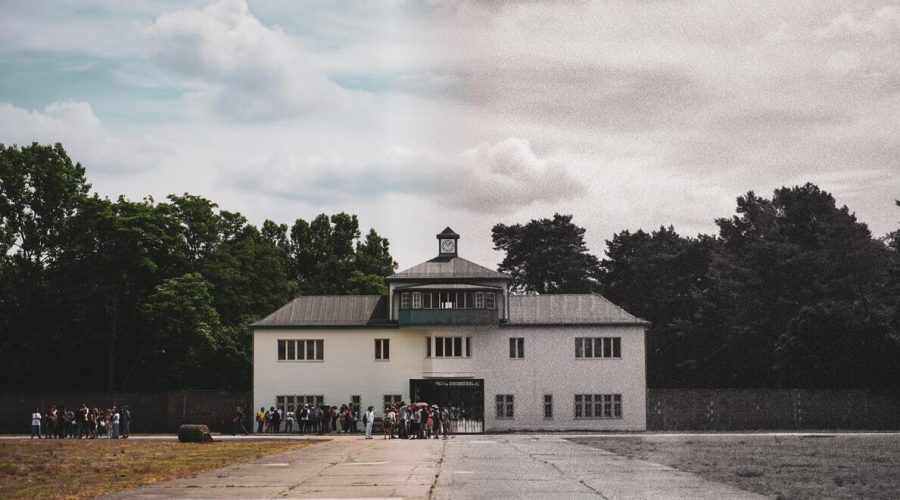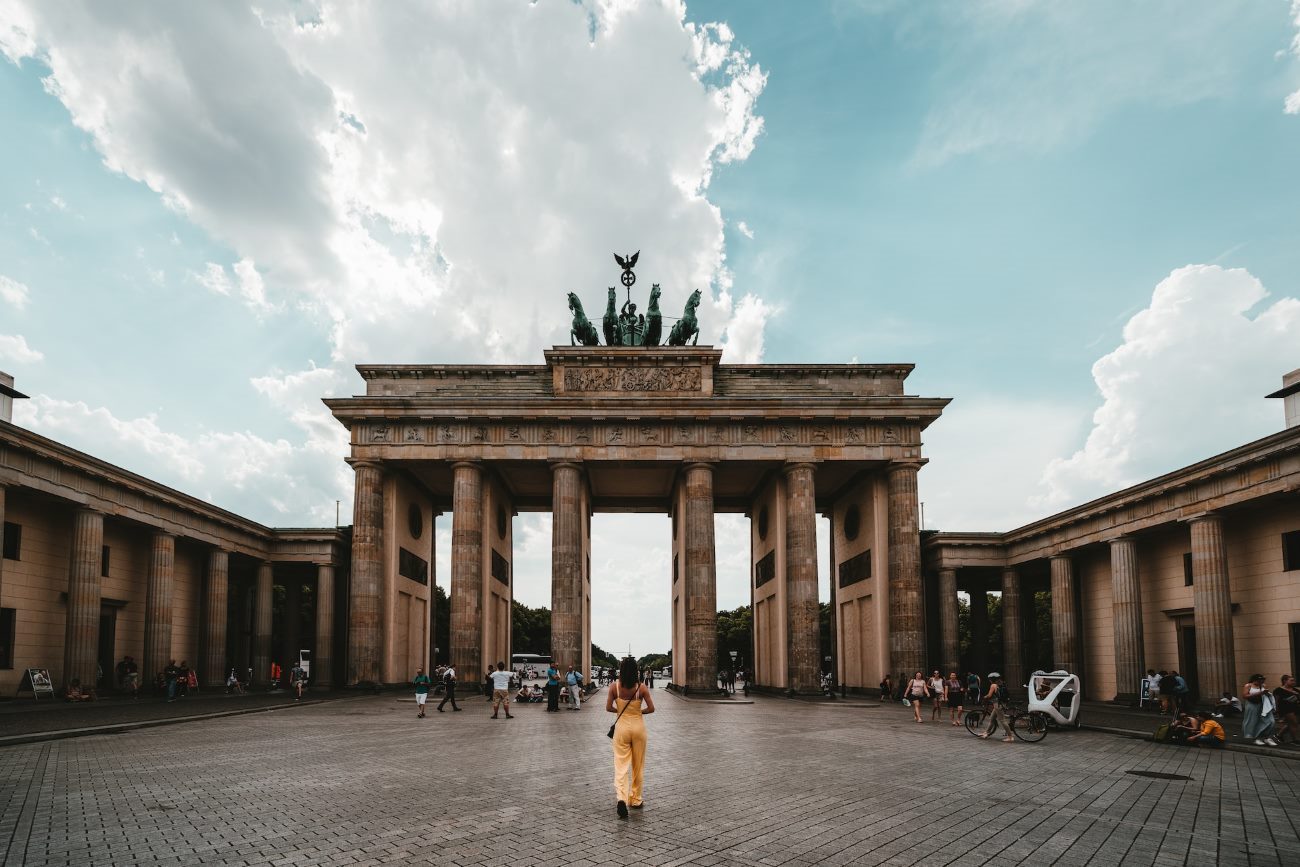What Were the Global Reactions to the Berlin Wall?
The building of the Berlin Wall in 1961 had far-reaching consequences not only for the population of East and West Germany but also for the global scene. This physical divide between the two sides, which symbolically expresses the ideological division between the East and the West during the Cold War, was none other than the Berlin Wall. Here, in this blog post, we will push against the waters the world what felt about Berlin wall and its prospective.
1. Western Powers: Outrage and Condemnation
For the Western democracies the building of the Berlin Wall was seen as an attack on freedom and a stark image of the totalitarian regime in East Germany. Leaders and citizens alike were shocked and outraged, strongly condemning the acts of the USSR and German Democratic Republic (GDR).
The United States, in particular, criticized the wall as a human rights issue and as a symbol of the Communist threat. President John F. Kennedy visited West Berlin in 1963 and gave his famous speech reaffirming his support for the people and famously declared, “Ich bin ein Berliner” (I am a Berliner).
Western powers, led by the U.S. proclaimed their disapproval by various political and economic sanctions imposed on East Germany and the Soviet Union, for example, travel restrictions and trade embargos to shrink down their position and economic standing.
2. Eastern Bloc: Justification and Support
To the contrary, the eastern bloc, including the Soviet Union and its dependent socialist states, viewed the Berlin Wall as a needed safeguard to preserve the socialist systems they sought to create. The leaders explained the works in terms of defense against the Western imperialism to stop the East to West from precipes.
The East German government, controlled by Erich Honecker, used the wall as a reason for the existence of the wall by stating it to be a defense against western spies and in its attempt to hold onto the stability of their socialist state. The state-run East-German media made great use of the notion that the wall was operating in favour of the working class.
3. Europe: Divided Reactions
The European countries their reactions to the construction of the Berlin Wall had varied. West Germany, immediately on the receiving end of the barrier, showed disappointment and sorrow about separated families and friends. On another hand, some European countries that had the closer relations with Soviet Union considered the wall as the necessary border security against Western capitalism and military threats.
But the wall had become, more so, a poignant reminder to the division in Europe. Perfidia many Europeans, among which many western- Europeans, felt sympathetic towards the experiences of East Germans, since they saw the wall as an outrage to freedom and freedom and rights. People and businesses started to provide humanitarian aid to those displaced by separation.
4. Global Community: A Call for Change
The Berlin wall was built and echoed with people globally and sympathy for the people of East Germany, and it was motivated various international campaign to take down. The wall reflected the broader world conflicts during the Cold War period, those between democracy and communism.
Civil rights activists, intellectuals and artists around the world slamed and condemned the Berlin Wall as a symbol of oppression. The wall was a common subject for songs, literature, films and art, often symbolizing a split-society and searching for unity, and.
Moreover, attempts were made to persuade leaders and governments to do more to prevail on the Soviet Union and the GDR to fall back the wall. It was this international pressure that helped spur on the eventual reunification of Germany in 1990 and the coming down of the Berlin Wall in the demise of the Cold War.
Conclusion
The Berlin Wall existed for nearly three decades, tore apart families, friends, communities and societies. Global responses to the wall ran the gamut, ranging from was outrage in order to the West and justification of the wall by the [Eastern bloc nations, to a split position espoused by Europeans and calls from the global community for a change. Very soon through the pressure of the world, activism, and people’ will, the Berlin Wall came down – the symbol of victory of unity over divide.
Table of Contents



